
Xi Jinping Inspects PLA Airborne Corps Amid Speculation of Shifts in CCP Leadership
Chinese President Xi Jinping visited the People’s Liberation Army (PLA) Airborne Corps headquarters in Xiaogan, Hubei Province, on Nov. 4, urging troops to strengthen training and combat readiness, according to state media Xinhua. The PLA Airborne Corps, tasked with “liberating Taiwan” as a rapid reaction force, plays a central role in Xi’s vision for unifying the self-ruled island with mainland China.
Xi, who also heads the Central Military Commission (CMC), was accompanied by Vice Chairman He Weidong, recently appointed Air Force Commander Chang Dingqiu, Political Commissar Guo Puxiao, and CMC Director Fang Yongxiang. However, the absence of Zhang Youxia, a senior CMC vice-chair, and Xi loyalist Cai Qi, raised questions among political observers, with Zhang’s increased public visibility recently fueling speculation of CCP factional tensions.
Political analyst Yang Wei noted subtle changes in Xi’s rhetoric at the inspection, with the usual emphasis on the PLA’s loyalty to the party missing from Xi’s speech. Yang questioned whether these omissions signal a shift in the power dynamics within the CCP, suggesting the military’s loyalty may be less clear. Zhang’s absence was further highlighted by his recent high-level visit to Vietnam, where he received an unusually warm, state-level welcome—a possible signal of his growing influence within the party.
In a possible nod to history, Xi also toured the Yunmeng County Museum in Hubei, which houses Qin Dynasty artifacts. U.S.-based analyst Li Linyi suggested this visit may hold political symbolism, especially amid challenges within the CCP. The Qin Dynasty, although it unified China, collapsed swiftly due to internal strife and public discontent—a reminder of the precarious balance of centralized power.
Adding to the intrigue, recent statements from the CCP Politburo advocated for “democratic centralism” and flexibility in leadership transitions, which some experts see as a possible move toward internal reform.
These developments come amid uncertainty about China’s economic stability and Xi’s potential plans regarding Taiwan.
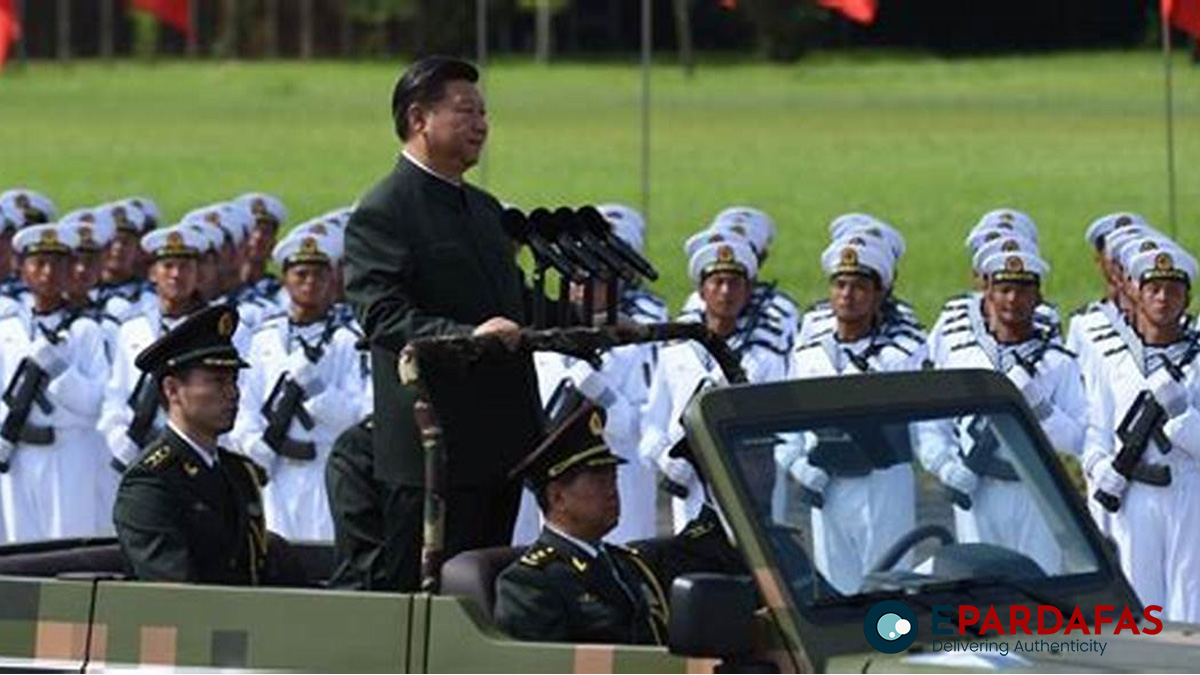

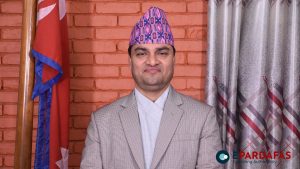


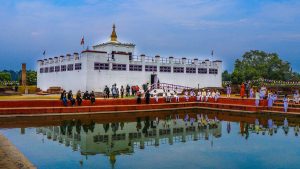




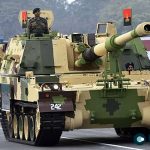

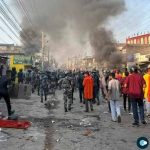
Comments